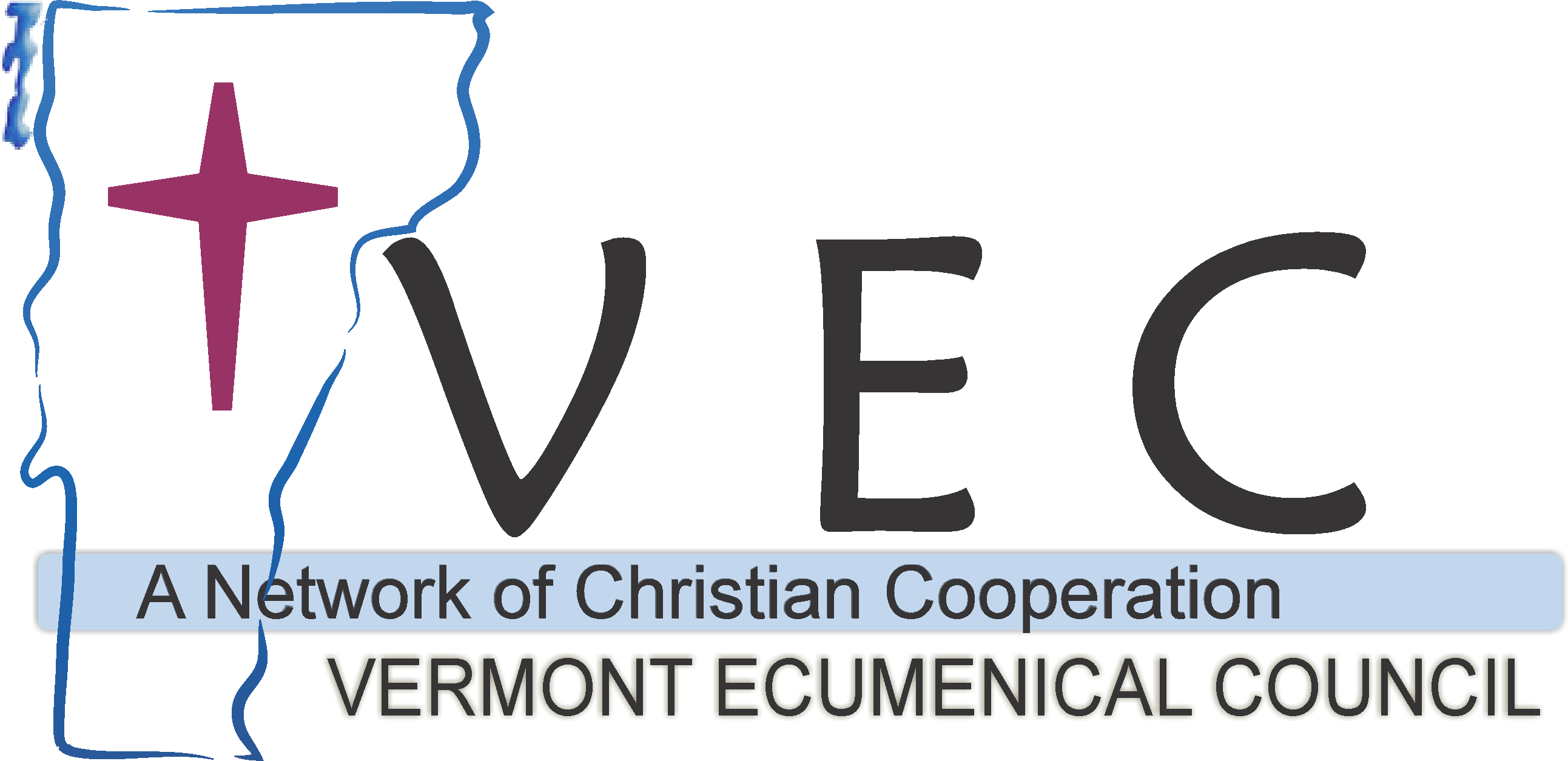Small and rural states are not immune from human trafficking. This crime occurs within Vermont as well as beyond our borders.
Did that headline get your attention? Maybe you already are feeling uncomfortable about whether you will read this item. Please do keep reading.
The reality is that we may all unconsciously be connected to human trafficking or enslavement.
Human trafficking is recognized by the United Nations as “the recruitment, harboring, transportation, provision or obtaining a person for exploitation through labor, services or a commercial sex act by force, fraud or coercion.” This crime is a human rights issue, public health issue, and child abuse issue when minors are victimized.
Think of the clothes you buy, and the countries where they are made. Think of the fish you eat. Are workers paid a fair wage – or does your bargain item come to you via the cost of enslaved labor?
Who provides your manicure or your massage? Could enslaved or trafficked workers be on the cleaning or hospitality staff where you are vacationing? How would you know?
Then there is the local opioid crisis – people with opioid use disorder, as well as people addicted to other substances, are particularly vulnerable to being forced, frauded or coerced into doing things they do not want to do, including commercial sex work, for the perpetrators’ profit.
A multi-disciplinary approach is needed to support victims and reduce the occurrence of the crime. The State of Vermont utilized some of the Victims of Crime Act federal funds to create and maintain a statewide human trafficking case manager position which is housed at the South Burlington Police Department. Due to its success, a second position is being added and based at the Rutland Police Department. The state also received $1.2 million dollar federal grant to greatly enhance its Human Trafficking Task Force.
So what can you do? Consider ways to increase your knowledge and awareness – first steps count! People in helping professions, such as teachers, social workers, faith community staff and nurses may be able to play a direct role, but we all should be aware of what we can do to eradicate this crime.
Give Way to Freedom, an Essex-based private operating foundation who provides training, outreach and direct services to potential victims, and which awards grants for domestic and international projects, is partnering with Alpha Chapter of Delta Kappa Gamma (an organization of leading women educators) to sponsor a community-wide informational session and panel on Jan. 10 at 4 p.m. at Faith United Methodist Church, 899 Dorset St. Panelists will include a law enforcement officer, advocates, a medical professional, social worker and researcher.
Continuing education credits can be arranged for those who would like them.
Questions and RSVP for the Jan. 10 event direct to edevent4@gmail.com.
Jan E. Hughes is a member of the Delta Kappa Gamma organization. She is a retired educator and librarian with Vermont schools and lives in South Burlington.
For more information please contact Sr. Pat McKittrick at 8476534 or pat.mckittrick@uvmhealth.org
Original publication of this article can be found at – https://www.otherpapersbvt.com/opinion/opinion_columns/january-is-national-slavery-and-human-trafficking-prevention-month/article_c84a4e66-0e2b-11e9-a1f1-7f82862743bb.html
